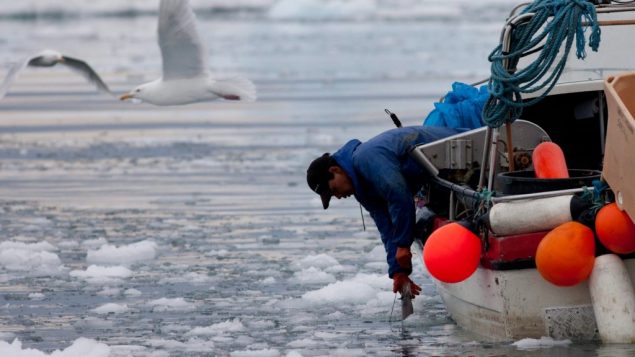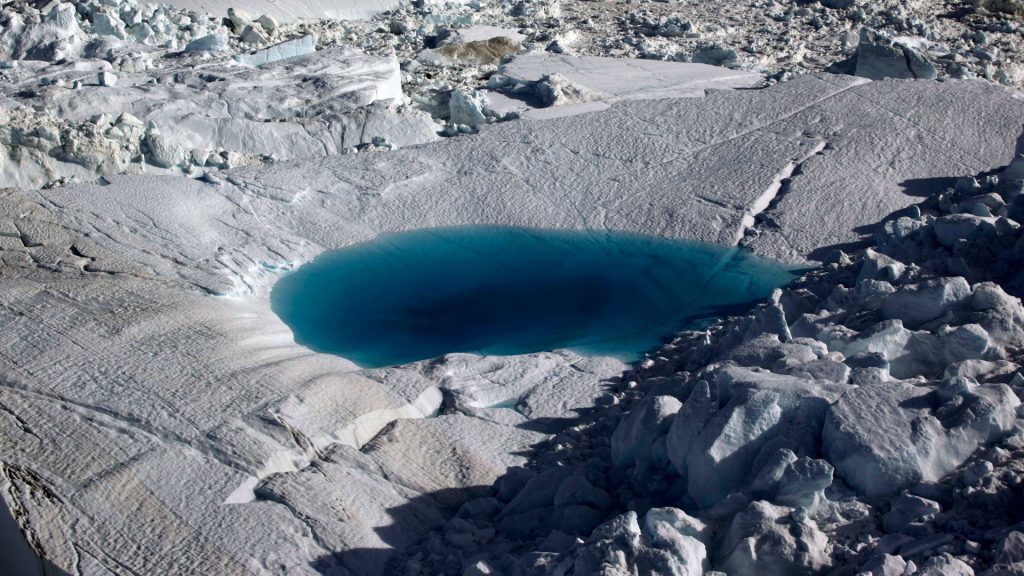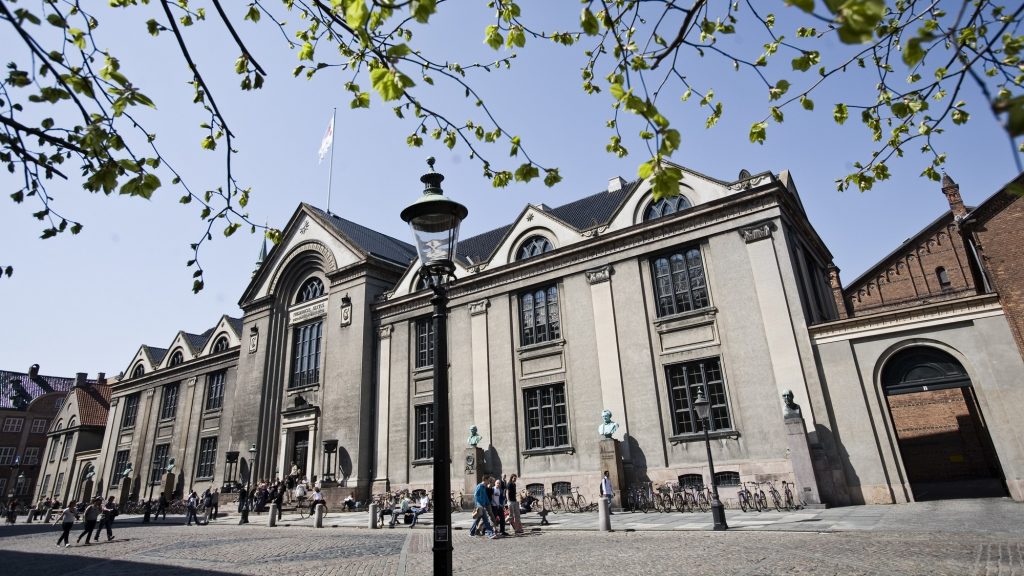With global temperature change transforming life in western Greenland, the home-rule government is looking at establishing a climate change master’s degree for local and international students in the community of Ilulissat to better understand the changing environment, especially in the area of Disko Bay.
“We know that climate change will bring great change for our society and for the whole world,” said Greenland’s Education Minister Ane Lone Bagger in a news release about the plan. “The changes are expected to be the largest in the Arctic, so climate change must be included in planning for our future society.”
Epicentre of climate change
Currently, a pedagogical school in Ilulissat offers bachelors degrees and professional, non-academic degrees in some areas. But the master’s degree would be the first of its kind offered in one of Greenland’s smaller communities.
(Greenland’s only university, the University of Greenland is located in the capital city of Nuuk.)
Ilulissat, a coastal community in the Municipality of Avannaata, has a population of approximately 4,600 people and is the third most populous community after Nuuk ( approximately 18,000 people) and Sisimiut (approximately 5,500 people).
Ilulissat was chosen as the location of the proposed master’s degree because of its unique location near the Jakobshavn Glacier, one of the fastest in the world; its proximity to a part of the ocean with rich stocks of Arctic halibut, and the window it would give students into the impacts of climate change on all facets of life.
“It’s at the epicentre of climate change in a region where there’s this very delicate triple interaction between the ice sheet, ocean and society,” said Carl Egede Boggild, a special advisor to Greenland’s Ministry of Education, Culture and Church.
“If you really want to see climate change in nature, this is the place to do it,” he told Eye on the Arctic in a phone interview. “Running a program in the midst of that, and a changing cryosphere, can inform future Arctic researchers broth from Greenland and abroad.”
Partnership with University of Copenhagen
Because the University of Greenland doesn’t have a climate change course of study, the proposed master’s degree would initially be offered through the University of Copenhagen, which already has a program.
The program would be built slowly, starting off as a summer session, then would see students go back and forth between Copenhagen and Ilulisaat until Greenland eventually takes over the program completely.
The master’s degree would be offered in English and would target both Greenlandic and international students, with Indigenous knowledge playing a key role, Boggild said.
The long-term vision of the master’s degree includes the building of facilities especially for the program, with knock on effects for job creation and the local economy.
“I expect such an education to offer our students a scientific supplement to a bachelor’s degree in humanities or social sciences, which provides a strong starting point when working with planning and management,” Education Minister Bagger said. “In addition, I see opportunities for the tourism sector, teacher education and other education to benefit from taking courses in climate change.”
Budget among next steps
Education authorities say they don’t yet have a date for when the program will start accepting students, but are currently preparing a budget for it, to submit to the Greenlandic government for the 2021-2022 fiscal year.
Write to Eilis Quinn at eilis.quinn(at)cbc.ca
Related stories around the North:
Canada: New science building will be ‘cornerstone’ of Yukon University, CBC News
Finland: Finland needs its own space research centre, gov’t report says, Yle News
Norway: New building to help boost cooperation for Arctic research center in Northern Norway, The Independent Barents Observer
Russia: Norwegian-funded school in Northwest Russia inspires cooperation, The Independent Barents Observer
Sweden: Can cross-border cooperation help decolonize Sami-language education?, Eye on the Arctic
United States: Scientists sound alarm on striking transformation of Bering and Chukchi ecosystems as ocean warms, Eye on the Arctic










For reasons beyond our control, and for an undetermined period of time, our comment section is now closed. However, our social networks remain open to your contributions.